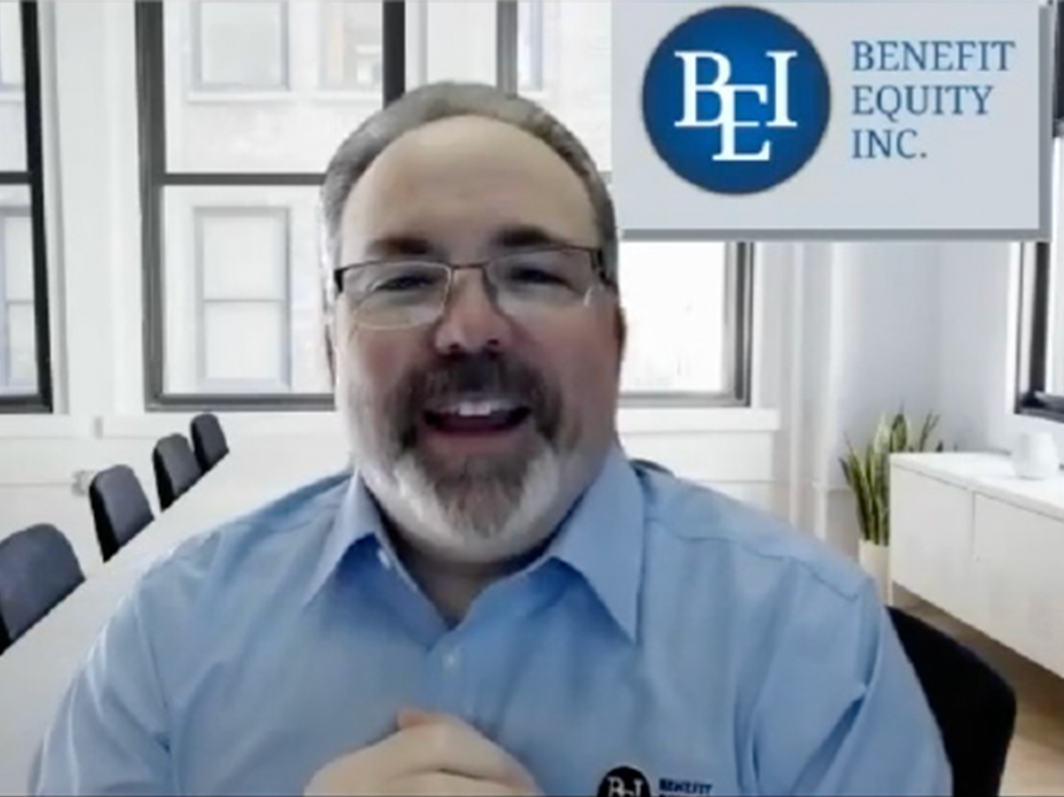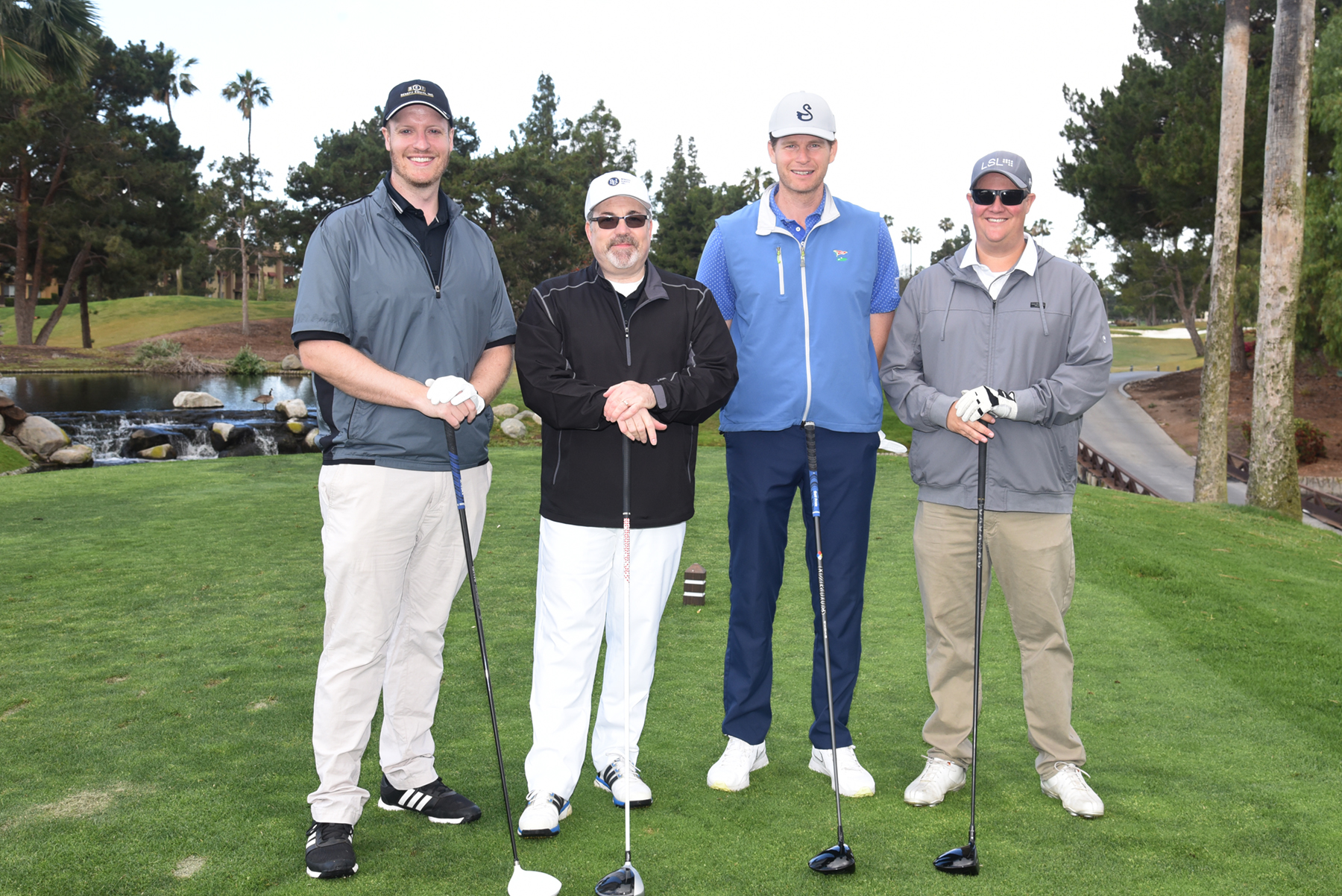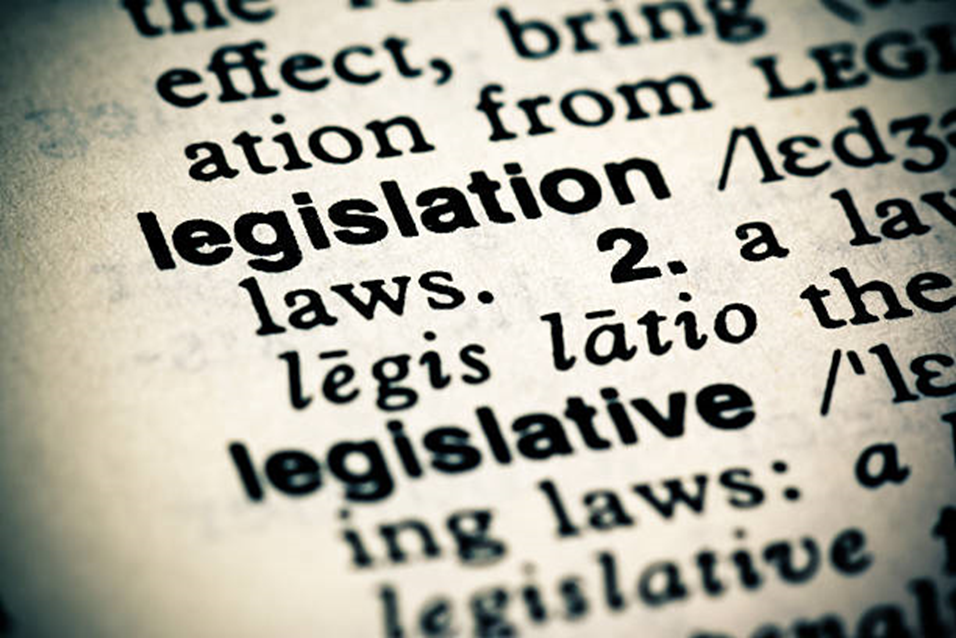Blog
Blog Articles
In the year 2019, congress passed the SECURE Act, one of the many changes that allowed long-term, part-time (LTPT) employees to join 401(k) plans starting January 1, 2024.
Under this long-term, part-time employee rule, part-time employees who work at least five hundred hours, during three consecutive 12-month periods, must be eligible to participate in the plan for purposes of elective deferrals (employee funds only). The 12-month period began as of January 1, 2021, however the first time an employee could become eligible under this rule is January 1, 2024.
This On Deck Session with Michael Gorelick, our own President and Senior Pension Consultant here at Benefit Equity Inc., is filled with important information that has established BEI as the go-to Third Party Administrator.
October 10, 2022
An Evening of Comedy Event
Benefit Equity, Inc. (BEI) was proud be a sponsor of the SmileMakers Evening of Comedy Event, benefitting the Council of Aging – Southern California. This laughter-filled evening raised $310,000 and will support the SmileMakers Holiday Gift Program and Council on Aging - Southern California. Michael Gorelick, BEI President, and his wife Lisa attended and were delighted to see attendance at an all-time high, with over 300 individuals participating this year. The event was held at the Renaissance Hotel in Newport Beach and comedic headliners included Paul Reiser and Fritz Coleman.
May 3, 2022
BEI Sixth Annual Golf Tournament
Last month, Benefit Equity Inc. hosted the firm’s sixth annual golf tournament, where over 15 sponsors and 60 players (that included 40 financial advisors), enjoyed a great day of sport, catching up with friends, and networking. 100% of all the proceeds went to benefit Council on Aging—Southern California.
A major bill regarding retirement plan legislation passed the House of Representatives on Tuesday, March 29, 2022, by a vote of 414 to five. We are referring to this legislation as SECURE 2.0, considering it is an enhanced version of the provisions in the SECURE Act of 2019.
• The bill would require defined contribution plans to deliver at least one, paper benefit statement per year (one every three years for defined benefit plans beginning in 2024), unless a participant affirmatively requests electronic delivery. In addition to summarizing the participant’s benefits, the paper statement would contain information on how participants can opt out of receiving the paper disclosure, or request delivery of some or all disclosures on paper for no additional cost.
• The three governmental agencies that are responsible for retirement plan compliance and enforcement—IRS, DOL, and the PBGC—would have to review how to consolidate and simplify their reporting and disclosure requirements.
• Starting in 2023, defined contribution plans would only have to provide an annual reminder notice to employees who chose not to participate and who have no account balance.
Recent Posts
Behind the Scenes — Getting to Know President Michael Gorelick
Navigating 401(k) Mergers & Acquisitions with Fidelity, Benefit Equity, and Alison Cohen
Business Owners — Retirement Plan Adoption Deadline Approaching March 15
Why Wealth Advisors Like Kyle Soucy Partner with Benefit Equity, a Strongpoint Partner
2026 Compliance Alert — Two Key April Deadlines Employers Need to Know



